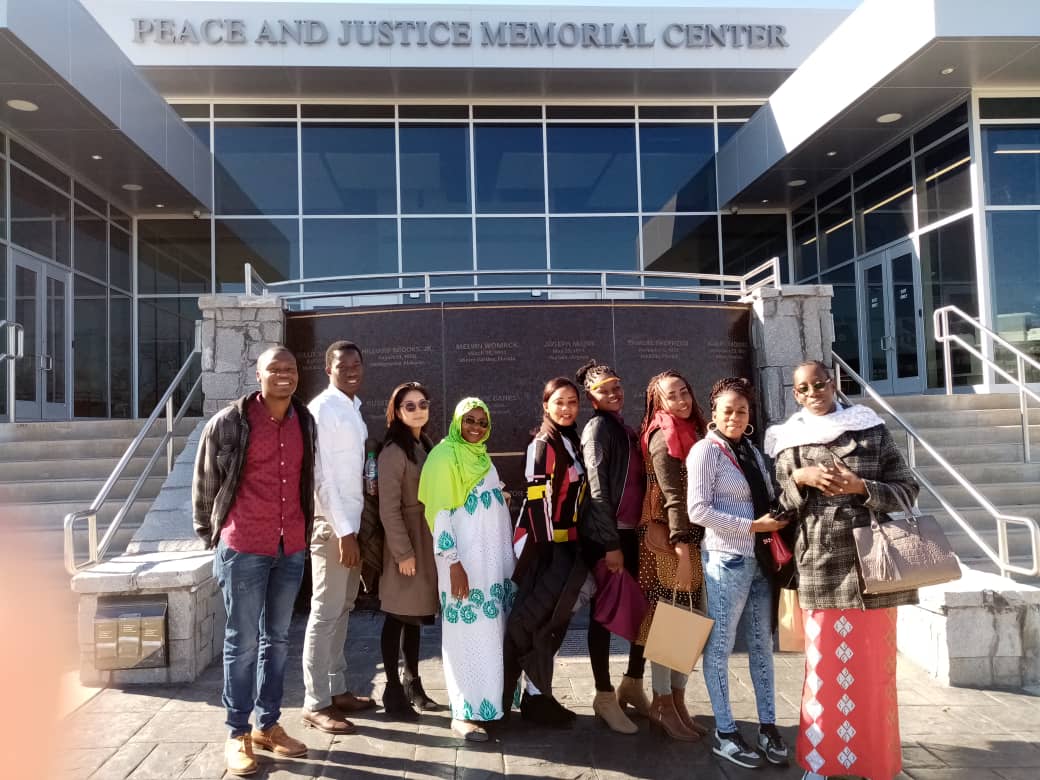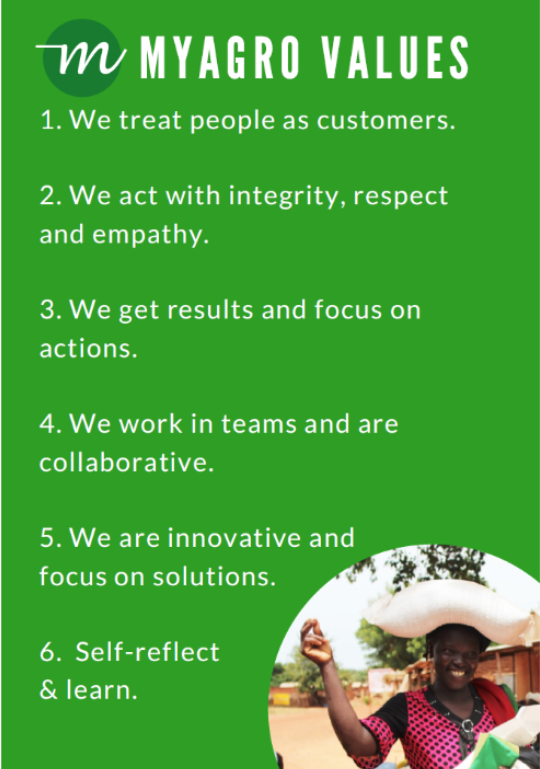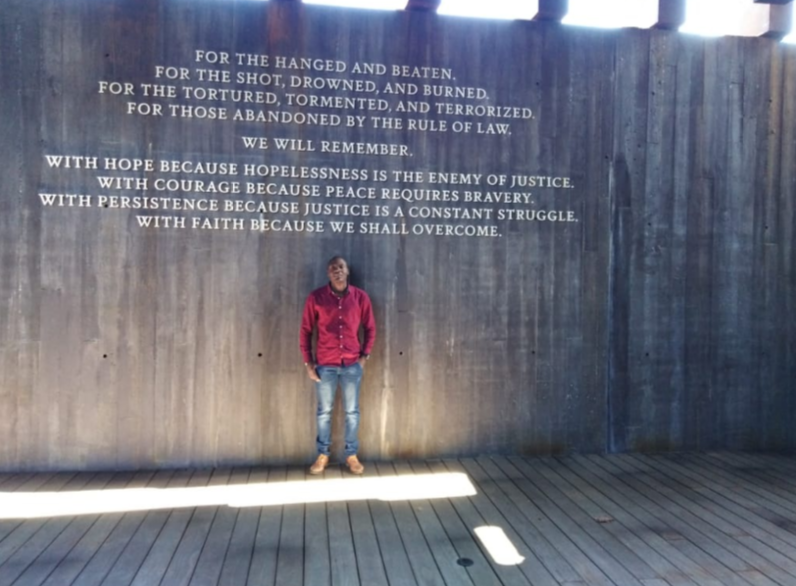In December 2019, a group of myAgro colleagues from Mali, Senegal, Tanzania and the United States traveled together to Montgomery, Alabama to visit the Equal Justice Initiative and to dig deeper into the history of racial injustice in the United States. Six months later, the lessons that we learned, the experiences that we had, and the people that we met are resurfacing to the top of our minds as we reflect on Black Lives Matter and the fight for equality worldwide.
 Emmani Mkumbo shares some reflections below:
Emmani Mkumbo shares some reflections below:
Six months later, what is something that stands out to you from your visit to Montgomery?
The power of women in bringing change to the community. Rosa Parks peacefully stood for what she believed to be right, despite aggressive police departments. She was able to tell the people of Alabama, and the people of the world, that discrimination based on race must stop. This is relevant today – women are a driving force in societies around the world, leading the campaign against injustice and no longer taking the back seat.
Outside of Dexter Parsonage, the Dexter Avenue King Memorial Baptist Church’s residence for pastors including Dr. Martin Luther King Jr.’s, we visited the King-Johns Garden for Reflection. This showed us six pillars, all nonviolent, that help black people to reflect in times of sorrow: Equality. Forgiveness. Hope. Peace. Understanding. Unity.
These six themes are similar to myAgro’s six values:

How did your visit make you feel as a black man and as a myAgro team member working for economic justice?
As a black man from Africa, I had ideas of the USA being a better place to live. When I visited Montgomery, I felt depressed when I met my fellow black people talking about their struggles. I also felt proud of my country, Tanzania. I am more proud that I am able to return home and use the opportunities that I have at myAgro to try to change the economic situation in my country through agriculture. I feel that improving Tanzania’s economic situation will position myself, my community, and our future generations to live harmoniously with other races if they stand at an equal development stage.

What is the importance of what you learned? How does it affect you or how you think about the work that you and myAgro do?
I believe in creating equal opportunities for everyone, including the communities where I come from and across Africa. I think opportunities can position Africa as an equal player on the world economic stage – though it surely must start at the basics, like having sustainable food and healthy communities!